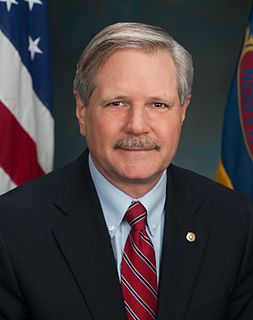A Quote by Bill Bradley
For Republicans, tort reform and its health care analogue, malpractice reform, speak to the goal of stronger economic growth and lower costs.
Related Quotes
America with 4% of the world's population has 50% of the worlds lawyers .... tort lawyers love to point out that 1% of America's health care cost is used to pay malpractice insurance ... but most doctors practice defensive medicine to avoid malpractice litigation ... these costs are not included in the 1% number above.
Furthermore, we believe that health care reform, again I said at the beginning of my remarks, that we sent the three pillars that the President's economic stabilization and job creation initiatives were education and innovation - innovation begins in the classroom - clean energy and climate, addressing the climate issues in an innovative way to keep us number one and competitive in the world with the new technology, and the third, first among equals I may say, is health care, health insurance reform.
There is much that public policy can do to support American entrepreneurs. Health insurance reform will make it easier for entrepreneurs to take a chance on a new business without putting their family's health at risk. Tort reform will make it easier to take prudent risks on new products in a number of sectors.
As Congress debates overhauling the nation's health care system, it should not authorize a reform plan that would further our financial woes. We must avoid creating an unsustainable government program. There is no question that reform is needed, but health care can be made more affordable without massive and expensive new bureaucracies.
































